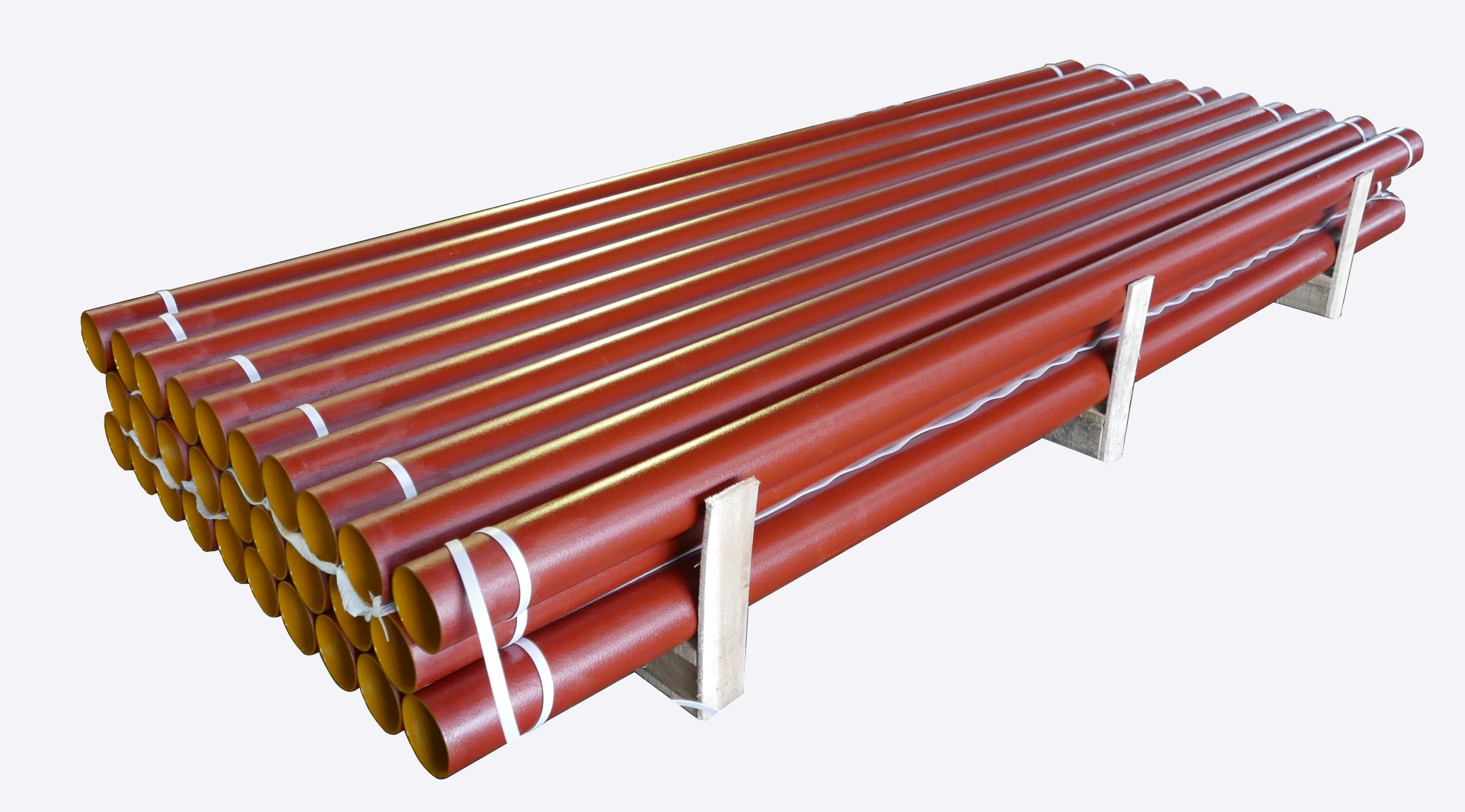Des . 14, 2024 19:13 Back to list
high silicon aluminum alloys
High Silicon Aluminum Alloys Advances and Applications
High silicon aluminum alloys are a distinctive group of materials known for their excellent performance characteristics in various industrial applications. These alloys are predominantly composed of aluminum, with silicon content typically ranging between 12% to 40%. The unique properties of high silicon aluminum alloys make them highly desirable for a wide range of uses, especially in industries like automotive, aerospace, and manufacturing.
One of the primary advantages of high silicon aluminum alloys is their exceptional wear resistance. The presence of silicon significantly enhances the hardness and durability of the alloy, making it an ideal choice for components that undergo constant friction, such as engine parts, machine tools, and molds. This wear resistance is critical in extending the lifespan of components, reducing downtime, and minimizing maintenance costs.
In addition to wear resistance, high silicon aluminum alloys exhibit outstanding corrosion resistance. Aluminum naturally forms a protective oxide layer when exposed to air, and the addition of silicon enhances this property further. This characteristic allows high silicon aluminum alloys to resist degradation in harsh environments, making them suitable for components used in marine applications, chemical processing, and outdoor settings.
Another notable property of high silicon aluminum alloys is their low thermal expansion coefficient. This feature is particularly beneficial in precision engineering applications where dimensional stability is crucial. For instance, in industries that require parts to maintain strict tolerances during temperature fluctuations, high silicon aluminum alloys can perform exceptionally well, providing reliability and accuracy.
The casting capability of high silicon aluminum alloys is another aspect that contributes to their popularity. These alloys can be easily cast into complex shapes and intricate designs, which is a significant advantage in manufacturing processes. Die casting and sand casting methods allow for the rapid production of components, making high silicon aluminum alloys a favorable option for high-volume manufacturing.
high silicon aluminum alloys

High silicon aluminum alloys are also known for their lightweight nature. The low density of aluminum, combined with the alloying elements, results in materials that are significantly lighter than their counterparts made from metals like steel or iron. This lightweight characteristic is particularly advantageous in the automotive and aerospace industries, where reducing weight can lead to improved fuel efficiency and better performance.
Moreover, high silicon aluminum alloys are highly machinable. They can be easily shaped and manipulated using standard machining techniques, making them accessible for various manufacturing processes. This machinability enables the production of customized components tailored to specific applications and requirements.
In terms of applications, high silicon aluminum alloys are widely used in the automotive industry for engine blocks, cylinder heads, and transmission cases. Their combination of strength, corrosion resistance, and lightweight properties makes them ideal for these critical components. In the aerospace sector, these alloys are utilized for structural parts and components where weight reduction is crucial for performance and fuel efficiency.
The growing demand for high silicon aluminum alloys has led to ongoing research and development efforts aimed at optimizing their properties and expanding their applications. Researchers are exploring new alloying elements and processing techniques to enhance the performance characteristics of these materials further. As technology advances, we can expect to see even more innovative uses for high silicon aluminum alloys across various industries.
In conclusion, high silicon aluminum alloys represent a significant advancement in materials science, offering a combination of outstanding mechanical properties, corrosion resistance, and lightweight characteristics. Their versatility and ability to withstand challenging conditions make them a preferred choice in many sectors. As industries continue to seek improved performance and efficiency, high silicon aluminum alloys will undoubtedly play a crucial role in shaping the future of material innovation.
-
Premium Cast Iron Water Main Pipe for Robust Infrastructure
NewsAug.27,2025
-
A-Rated Cast Aluminum Boilers: High-Efficiency Condensing Gas & LPG
NewsAug.26,2025
-
OEM Cast Silicon Aluminum Alloy Heat Exchanger | Custom & High Performance
NewsAug.25,2025
-
Centrifugally Cast Iron Water Main Pipe | Ductile Iron Solutions
NewsAug.24,2025
-
Durable Cast Steel Concrete Pipe Mold Bottom Rings & Base Trays
NewsAug.23,2025
-
Centrifugally Cast Iron Water Main Pipe for Reliable Mains
NewsAug.22,2025


